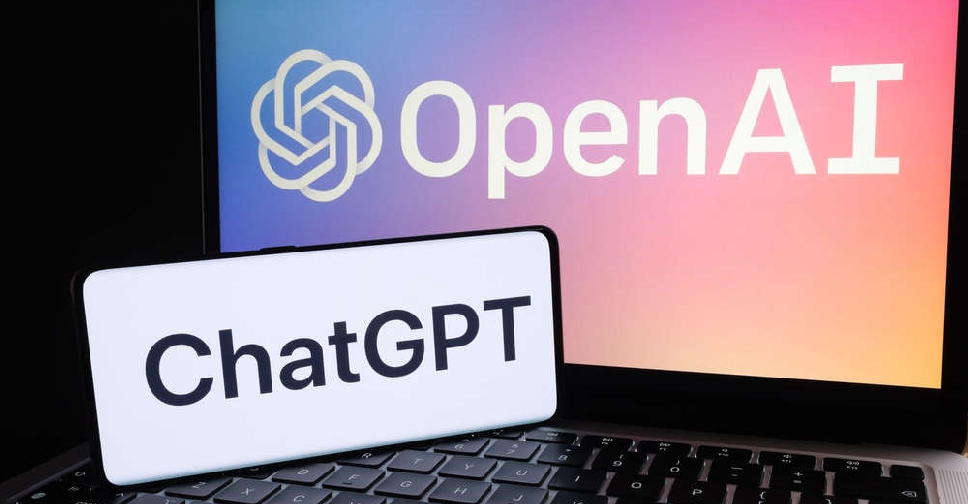
OpenAI has asked a federal judge to dismiss parts of the New York Times' copyright lawsuit against it, arguing that the newspaper "hacked" its chatbot ChatGPT and other artificial-intelligence systems to generate misleading evidence for the case.
OpenAI said in a filing in Manhattan federal court on Monday that the Times caused the technology to reproduce its material through "deceptive prompts that blatantly violate OpenAI's terms of use."
"The allegations in the Times's complaint do not meet its famously rigorous journalistic standards," OpenAI said. "The truth, which will come out in the course of this case, is that the Times paid someone to hack OpenAI's products."
OpenAI did not name the "hired gun" who it said the Times used to manipulate its systems and did not accuse the newspaper of breaking any anti-hacking laws.
The Times sued OpenAI and its largest financial backer Microsoft in December, accusing them of using millions of its articles without permission to train chatbots to provide information to users.
The newspaper is among several copyright owners that have sued tech companies over the alleged misuse of their work in AI training, including groups of authors, visual artists and music publishers.
Tech companies have said that their AI systems make fair use of copyrighted material and that the lawsuits threaten the growth of the potential multitrillion-dollar industry.
Courts have not yet addressed the key question of whether AI training qualifies as fair use under copyright law.
So far, judges have dismissed some infringement claims over the output of generative AI systems based on a lack of evidence that AI-created content resembles copyrighted works.
The New York Times' complaint cited several instances in which OpenAI and Microsoft chatbots gave users near-verbatim excerpts of its articles when prompted.
It accused OpenAI and Microsoft of trying to "free-ride on the Times's massive investment in its journalism" and create a substitute for the newspaper.
OpenAI said in its filing that it took the Times "tens of thousands of attempts to generate the highly anomalous results."
"In the ordinary course, one cannot use ChatGPT to serve up Times articles at will," OpenAI said.
OpenAI's filing also said that it and other AI companies would eventually win their cases based on the fair-use question.
"The Times cannot prevent AI models from acquiring knowledge about facts, any more than another news organisation can prevent the Times itself from re-reporting stories it had no role in investigating," OpenAI said.



 At least 24 dead in Texas flash flooding
At least 24 dead in Texas flash flooding
 Aid foundation says two of its workers injured in Gaza
Aid foundation says two of its workers injured in Gaza
 Hamas says it responds to Gaza ceasefire proposal in 'positive spirit'
Hamas says it responds to Gaza ceasefire proposal in 'positive spirit'
 Russia pounds Kyiv with largest drone attack, hours after Trump-Putin call
Russia pounds Kyiv with largest drone attack, hours after Trump-Putin call
 Trump says he expects Hamas decision in 24 hours on 'final' peace proposal
Trump says he expects Hamas decision in 24 hours on 'final' peace proposal






